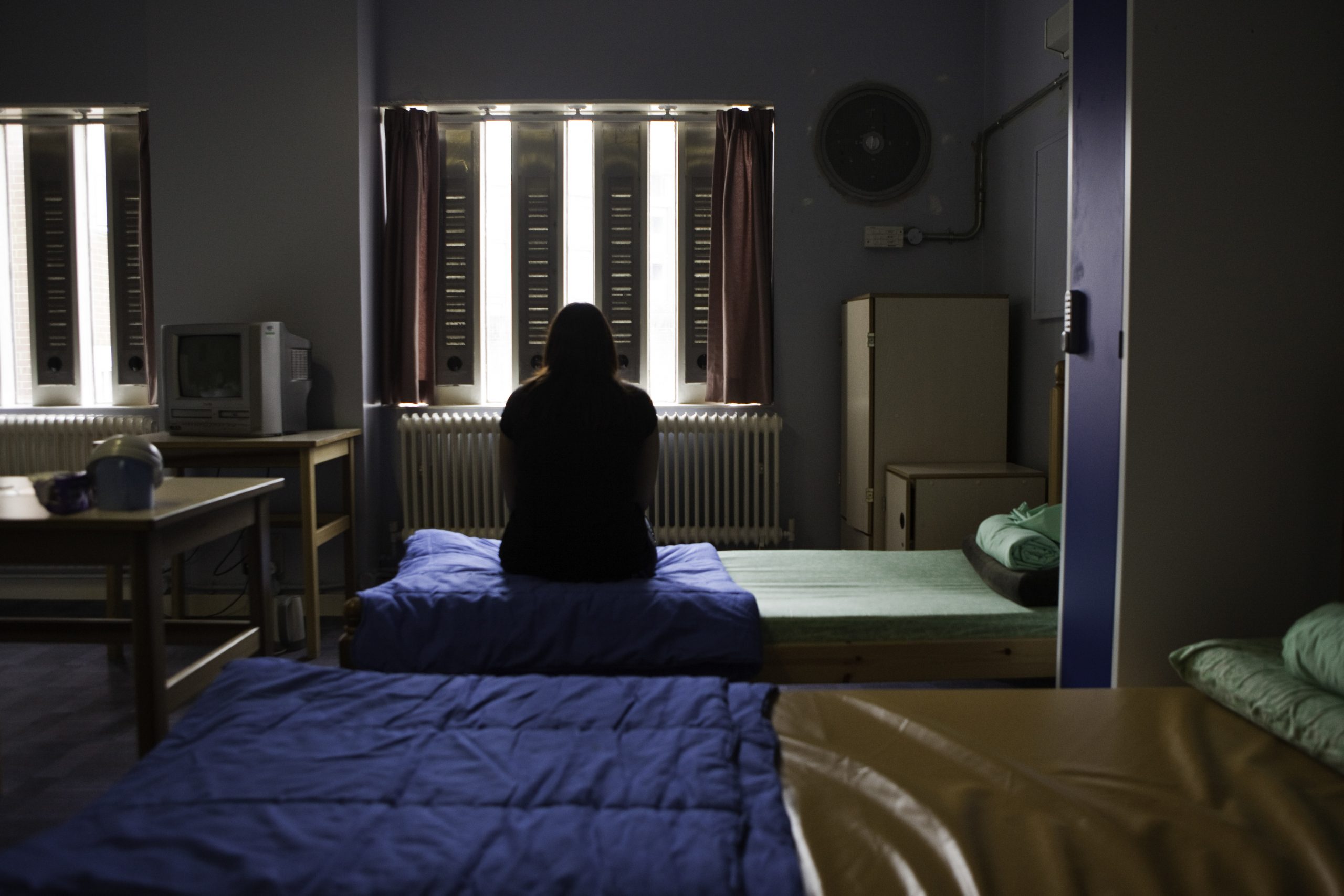Incidents of self-harm among women in prison have reached record-high levels over the past 12 months, according to the latest Safety in Custody update from the Ministry of Justice. The data reveals a stark increase in self-harm incidents by 29% in women’s prisons, with an ‘alarming rate of 341 incidents per 1,000 women.’ As stated in the report, the frequency of self-harm in women’s prisons is now more than eight times higher than in men’s prisons, raising serious concerns about the mental health support available to incarcerated women.
Sonya Ruparel, CEO of the charity Women in Prison (WIP), expressed deep concern over these findings as she stated, ‘seriously unwell women are being sent to prison when in fact they need medical or psychiatric support,’. Instead of being a place of rehabilitation, prisons are in fact ‘traumatizing women and creating mental health concerns.’
The voices of those who have experienced the system firsthand further emphasis the urgency of the issue. Nadia, who spent five months in prison waiting for her trial to begin, described her experience as akin to ‘walking onto the set of One Flew Over The Cuckoo’s Nest.’
‘Many of the girls there should not be in prison, they need proper help,’ Nadia stated. Furthermore, Nadia recounted the screaming and banging at night leaving her petrified. Ultimately, Nadia reported that due to this experience, she now has PTSD.
According to the Safety in Custody Statistics of England and Wales, there has been an increase in the number of self-harm incidents by 24%. Katie, another woman recently released from prison, attests to this statistic by sharing her experience of self-harming multiple times a week. Yet despite her severe mental health struggles, she was denied access to mental health services.
Katie felt as if she needed help as she was mentally unwell. However, as authorities just titled her as a ‘prolific self-harmer’, she was never given mental health services.
Women in Prison, a national charity that delivers support for women affected by the criminal justice systems in prisons, is advocating for a shift in how society responds to women facing mental ill-health, abuse, and poverty. Their campaign, “The Answer Is Not Prison,” launched ahead of the general election, calls on the government to prioritize prevention and community-based support over incarceration.







